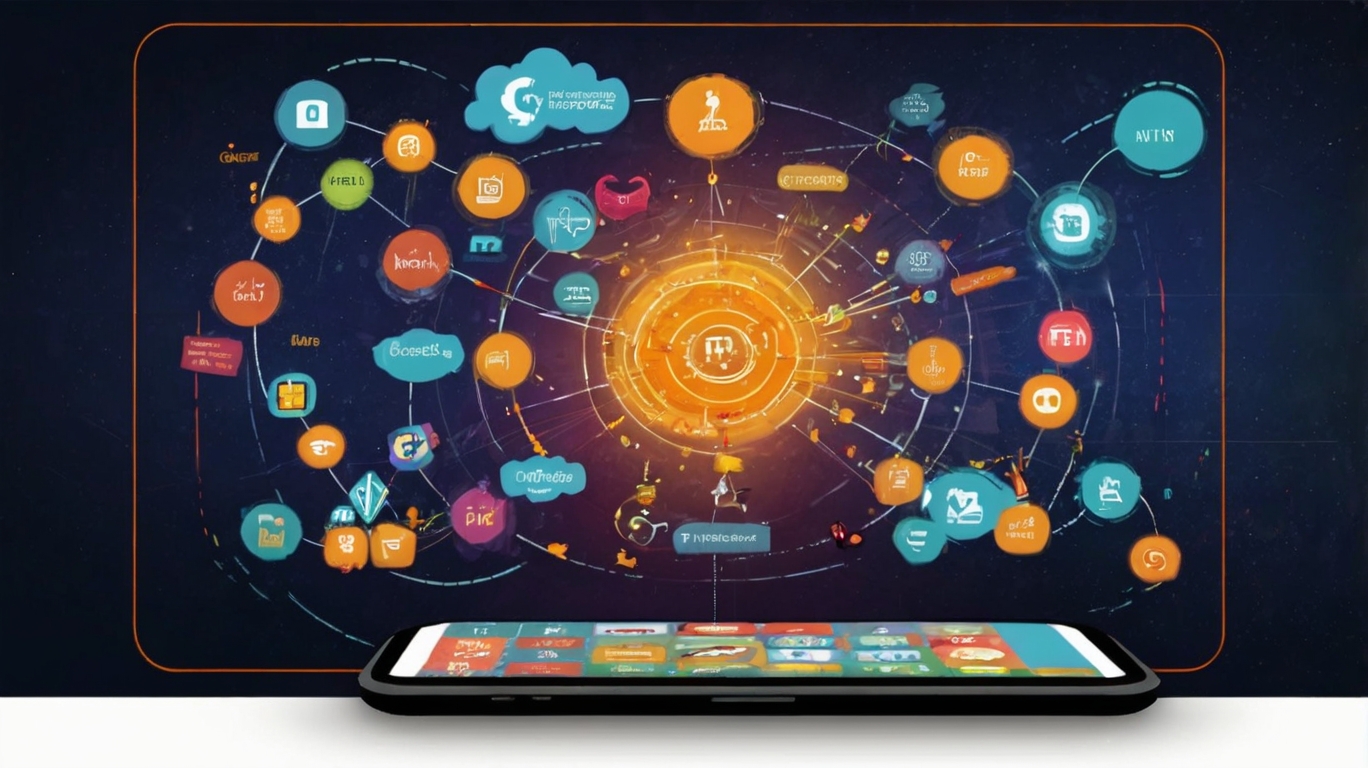
Mobile game development is an exciting process that turns a basic concept into an engaging and interactive game that gamers can play. Melior Games uses a systematic approach to ensure all of its games are entertaining, well-made, and ready for the market. An intimate look at the phases we follow in developing mobile games is provided below.
1. Concept and Planning
Every great game starts with a solid concept. In this initial stage, our team brainstorms ideas and refines the best ones into a viable game concept. We consider the target audience, genre, gameplay mechanics, and unique selling points. Once we have a clear vision, we draft a detailed game design document (GDD) outlining the game’s core mechanics, story, characters, levels, and art style.
2. Pre-Production
Establishing the foundation for the development stage is the main goal of pre-production. Here, our attention is directed toward:
- The team creates basic prototypes, tests important gameplay features and mechanics. Creating preliminary sketches, character designs, and environment conceptions are all part of art and design.
- Selecting the appropriate game engine, development tools, and technology stack is known as technical planning.
- Project management includes defining the objectives, schedule, progress reports, and resource allocation.
3. Production
Establishing the foundation for the development stage is the main goal of pre-production. Here, our attention is directed toward:
- To test important gameplay features and mechanics, basic prototypes are created.
- Creating preliminary sketches, character designs, and environment conceptions are all part of art and design.
- Technical planning consists of selecting the appropriate game engine, development tools, and technology stack.
- Project management includes defining the objectives, schedule, progress reports, and resource allocation.
4. Testing
It takes quality assurance (QA) to produce a finished game. In the course of testing, we
- Internal Testing: To find and address bugs, hiccups, and performance problems, carry out thorough internal testing.
- Beta testing: Make the game available to a small group of players to get their opinions on gameplay, difficulty, and general enjoyment. This enables us to find any lingering problems and make the required corrections.
- Performance Optimization: Adapt the game to varied screen sizes and hardware capacities to make sure it works well on a variety of devices.
5. Launch
We get ready for launch now that the game is ready. At this point, there are:
- Marketing and Promotion: To create excitement and draw players, our marketing team uses influencer partnerships, press releases, trailers, and social media to promote the game.
- Distribution: After making sure the game complies with all platform specifications and rules, we send it to app stores (such as Google Play and Apple App Store).
- On launch day, we keep an eye on the game’s functionality, interact with users, and take care of any problems right away.
6. Post-Launch
Launch is not the end of the road. Maintaining player engagement and expanding the game’s community depends heavily on post-launch support. Among them are
- Patches and updates: Provide updates regularly to address errors, enhance functionality, and add new material.
- Player input: Consider player input when making changes to improve the gaming experience.
- Community building is interacting with users on forums, social media, and during in-game activities to develop a devoted following of gamers.
- Monetization: Putting monetization techniques like in-app purchases and advertisements into practice and improving them to make the game financially successful.
Conclusion
The process of mobile game development is difficult but rewarding and calls for meticulous preparation, teamwork, and commitment. At Melior Games, we’re dedicated to producing top-notch games that draw in players and distinguish ourselves in the crowded mobile gaming industry. We make sure our games not only meet but also beyond user expectations by adhering to these steps.
Follow the Melior Games blog to get additional details about our forthcoming projects and development process!




